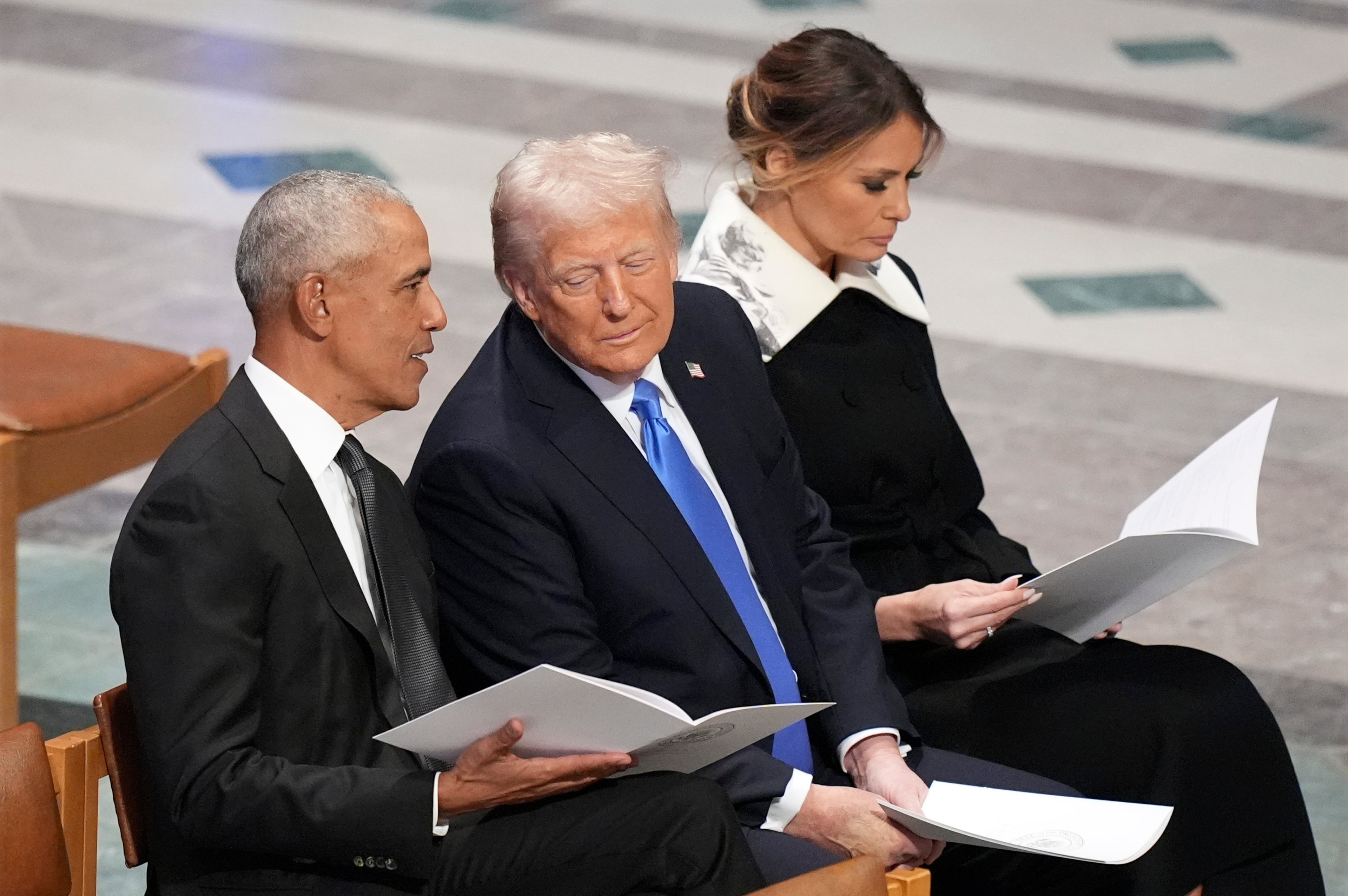Would it be patriotic to ban lying by lawmakers?

In the days since the first presidential debate, I’ve heard from many people, including Republicans who oppose former President Donald Trump, asking why the hosts failed to fact check him even as he made obviously false claims. They have asked that I emphasize those lies on my podcast, They Stand Corrected. I’ve explained that, as I wrote in advance, these events are designed to prevent fact-checking — a system that easily rewards liars.
For many Americans who fear a second Trump term, the desire to draw more attention to his duplicity makes a lot of sense. Ironically, while President Biden seemed more feeble, he generally described reality. Trump, in contrast, delivered more delusional lies than Americans could keep up with. (As his own former communications director put it, “he told a lie every 100 seconds.)

But this problem isn’t just about this one election. It’s about core American values. It boils down to a simple question: Do we value truth?
The fact that professional journalists host debates and then sit there doing nothing when candidates spread disinformation is itself an indictment of how our political system functions. Staying silent amid a barrage of falsehoods is no role for reporters. It sends the message to the nation that style matters, not substance. That truth isn’t all that important.
A president should be our nation’s chief problem solver. You can’t solve a problem if you don’t first understand it. And understanding it begins with learning the facts.
Is it possible that as a nation we’ve strayed so far from caring about truth that we need to consider a law enforcing it?
That’s happening now in a democracy across the pond.
As professor Stephen Clear of Bangor University explained in The Conversation, “a proposal in Wales’ Senedd (Welsh parliament) is seeking to address this issue by introducing new legislation that would criminalize politicians who lie. If passed, Wales would become the first country in the world to introduce criminal sanctions for lying politicians.”
If it passes, the idea could catch on. Lawmakers in other democratic nations, including our own, might put forward similar legislation.
Even the suggestion can rightfully make Americans wary. After all, the First Amendment protects all sorts of speech. But as I often discuss on my show, before we consider our own opinions we should first think: What are the relevant facts to consider? Some of those facts might change our minds.
For starters, it’s already illegal for Americans to lie in numerous contexts. The best known, probably, involves testimony in court. Perjury can put you in prison for up to five years. In every state, it’s also illegal to lie to the police. There are truth in advertising laws as well. And several states have laws against libel.
Perhaps most relevant of all in this context: It’s illegal to lie to Congress even if you’re not under oath. In fact, it’s illegal to lie to the federal government. Given all that, would it be such a stretch to say that, in return, our leaders should not be allowed to lie to us?
Slightly more than a decade ago, Congress faced a question involving the legality of lying in a specific context. With bipartisan support, lawmakers passed the law, and then-President Barack Obama signed it.
That law was the Stolen Valor Act. Replacing a previous law that the Supreme Court shot down, the 2013 law made it illegal to pretend to have received certain military decorations or medals “with intent to obtain money, property, or other tangible benefit.”
Even outside of the Stolen Valor Act, in 2019 a Montana judge required two men on probation to wear signs on Memorial Day and Veterans Day outside the Montana Veterans Memorial that said, “I am a liar. I am not a veteran. I stole valor. I have dishonored all veterans.” The state’s high court later struck down that condition.
The push-pull between banning and allowing lies is part of our legal system. So a law similar to the one being considered in Wales could have strong arguments on both sides here.
Personally, I’m wary of such a law. I don’t trust the government to always determine accurately what the reality is in every scenario that lawmakers discuss. And such a law would most likely be weaponized, used by lawmakers to create even more interpersonal squabbles instead of getting actual legislation passed.
But as a nation, we do need to do something — something big — to demand truth from our political leaders. When I was growing up, Superman stood for “truth, justice and the American way.” It’s telling that that phrase has since changed. It’s up to us to make truth a core part of what we stand for as a nation. That would be an act of patriotism. It’s time that we the people demand better.
Josh Levs is host of the podcast and newsletter They Stand Corrected.

